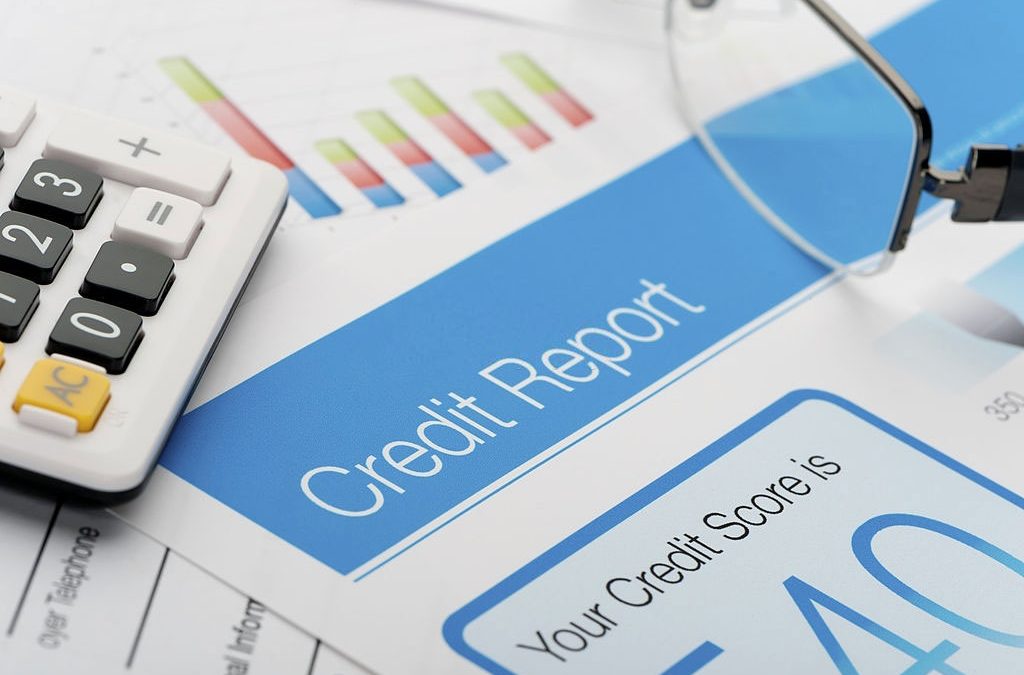Credit reports are an important part of managing your financial health. They allow you to know what other people think about you, whether it’s good or bad, and how they have treated you. It also lets you know if anyone has tried to use your identity to make purchases. It is a simple process that most consumers take for granted but it is actually the law these days. There are three major credit bureaus whose services are required by every consumer who wants to get a free copy of their credit report.
The three major credit bureaus are Experian, Equifax, and TransUnion. While not being the most popular, they offer the best service to the consumer. Unfortunately, their services aren’t available everywhere so sometimes consumers have to pay for them. But it is worth it because the benefits far outweigh the costs.
Credit reports let you see your credit history, including accounts opened, closed, and debts. You can see your credit score, too, which helps you determine how lenders will view you. If you’re wondering why creditors will view you differently, it is because your credit report says so much about you. What is on your report will tell future creditors what kind of person you are, and this can influence whether they decide to lend you money or give you a line of credit. It can also help you see if there are any errors on your report that may need to be corrected.
Many people don’t know what to look for when looking at a credit report. The three major agencies offer detailed instructions on how to get a report. You’ll find an explanation of each section of the report and how it affects your credit score, but some of the details can be confusing. But having some knowledge about what each agency does will help you better understand what you’re looking at. Here’s a look at what the major agencies say:
Each agency reports to different bureaus. Each bureau has its own method of calculating credit scores. Some use a “transaction-tracing” system that allows them to pull details from a number of sources, including the report you may have requested. A creditor pulls a copy of the report at that time. The details on the report say when a transaction occurred and who was involved in it.
Some creditors do not pull the whole report at once. They might check certain areas, such as late payments or missed payments. Or they might only look at certain types of transactions. This might include opening and closing accounts, credit card or loan activity, and similar details.
When you order your free report, you’ll see a lot more detail than just the report from all the companies you might have checked. If a creditor or company requested certain information, that creditor or company must provide you with written information describing what they requested. For example, if a credit card company wanted to see if you had ever made an unauthorized transaction, they’d have to write to you saying what they wanted to find out. This also shows that not every creditor or company is the same. Sometimes a creditor has more detailed information to offer.
The good news is that even when you don’t order your free credit reports online, you can still get detailed information about how your credit works. You can request one from each of the credit reporting bureaus. Then, you’ll see how it all adds up and what information is important. You can make changes, dispute information, and more. The key is that you do everything in a timely manner. That way, the changes you make will stay in effect when the next credit report comes out.

